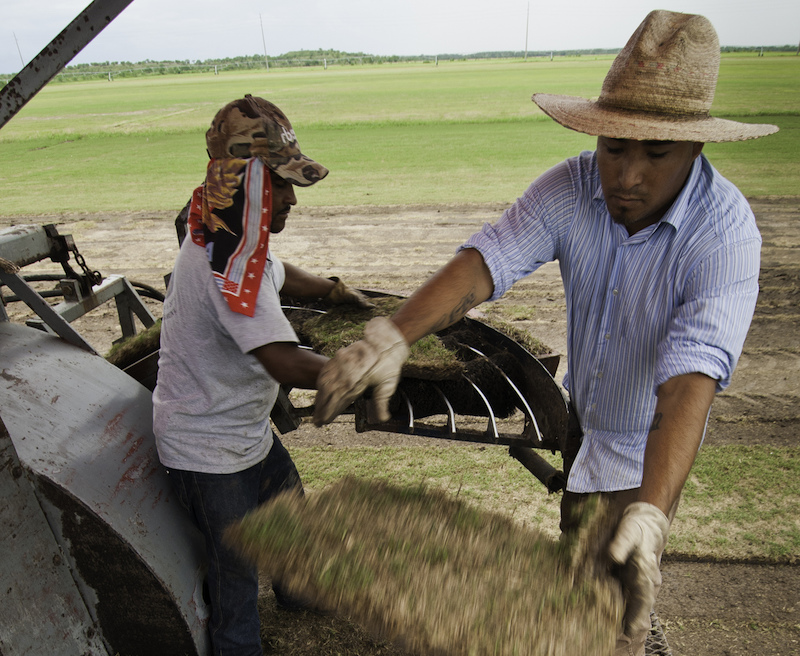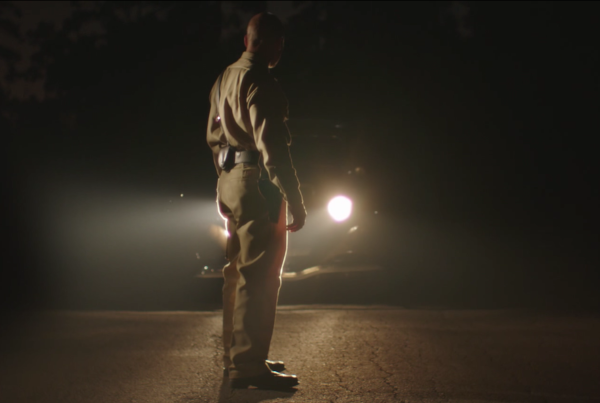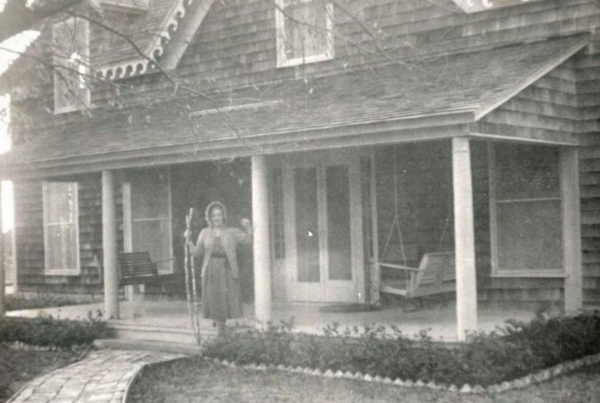Every year, hundreds of thousands of migrant workers and their families descend upon Texas farms to propel the state’s nearly $8 billion farming industry. One part of the agreement between farm owners and seasonal workers is the provision of adequate housing facilities for their stay. State law requires that these facilities be licensed and inspected.
However, a new investigation found that many migrant workers and their families live in deplorable conditions – in buildings that lack ventilation, have no running water, and swarm with vermin. Many of these workers speak limited English, making it difficult for them to file complaints. Even when complaints are filed, offending companies are rarely penalized.
Reporter Jeremy Schwartz uncovered this story for the Austin American-Statesman. The four-month investigation found failures to provide safe housing for workers at multiple levels of government. He said that a similar investigation in Florida got him interested in how Texas managed its housing for migrant workers.
“(We) found Texas actually has no budget for its program and has not levied any enforcement actions or fines or penalties in at least the last 10 years,” Schwartz says.
So, Schwartz says, while there are systems in place to prevent these conditions, they rarely are enforced because of lack of resources.
“The reality is that these housing situations are spread out across the state, and it does take some effort and action to go out and find them,” Schwartz says. “The state, to this point, for the most part has not been willing to take that step and invest in a program that would actually go out and find these places.”
The responsibility of these inspections fall under the state’s Department of Housing and Community Affairs. It was moved to that department from the Health Department about 10 years ago, Schwartz says, where the inspections weren’t happening at all.
“Migrant farmworker housing was sort of thrown onto (the housing department’s) plate as a sort of added inspection work for them without any kind of additional funding to help them do that.”
Some of the conditions could be considered criminal. But the problem is, nobody is going after the violations.
“What the housing department is meant to do is to go in and run a 78-point inspection that, if a facility passes, would presume this sort of basic level of health and safety,” Schwartz says. “But there hasn’t been any penalties and no sort of desire from the state’s standpoint to pursue any legal action against any of the growers and the facility owners.”















